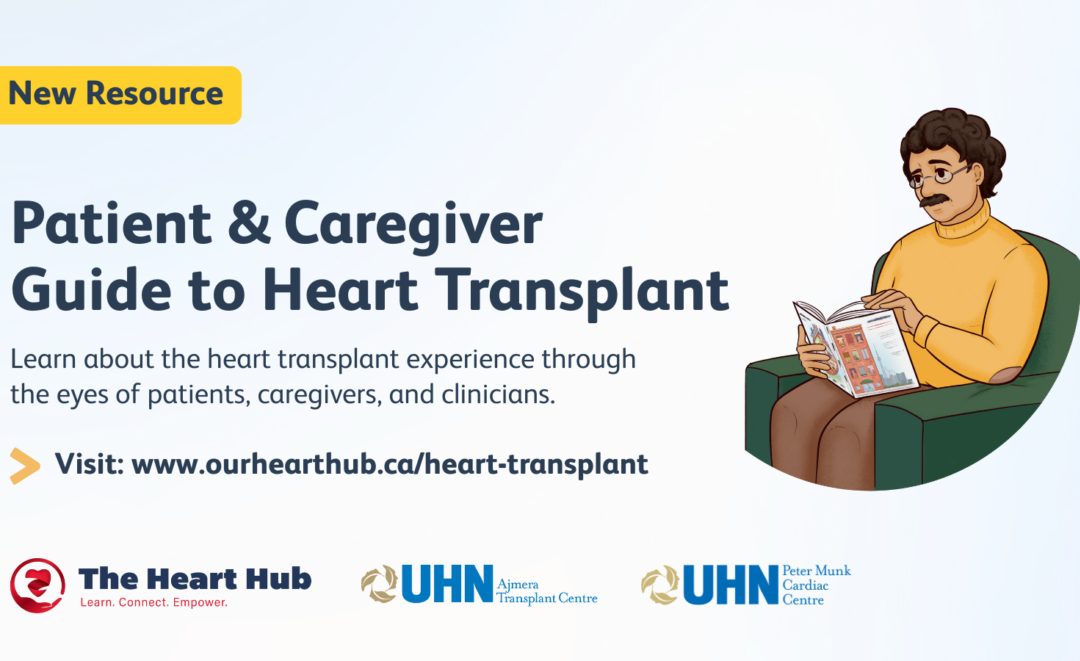PRIMaCY also supports the shared decision making about ICD use between physicians and families. Its individual risk score replaces more arbitrary “high” and “low” risks that are hard to interpret. It does so by combining many risk factors – for example, a child’s age, medical history, family history, and diagnostic measurements – to create an objective risk of sudden death in coming years.
PRIMaCY is available online for physicians anywhere to access in order to help save lives and guide the use of devices such as implantable defibrillators. The tool is now part of the American Heart Association/American College of Cardiology guidelines for HCM.
We are excited to be awarded CIHR funding to embed this tool in electronic health records across Canadian pediatric hospitals that have specialized cardiomyopathy clinics.













